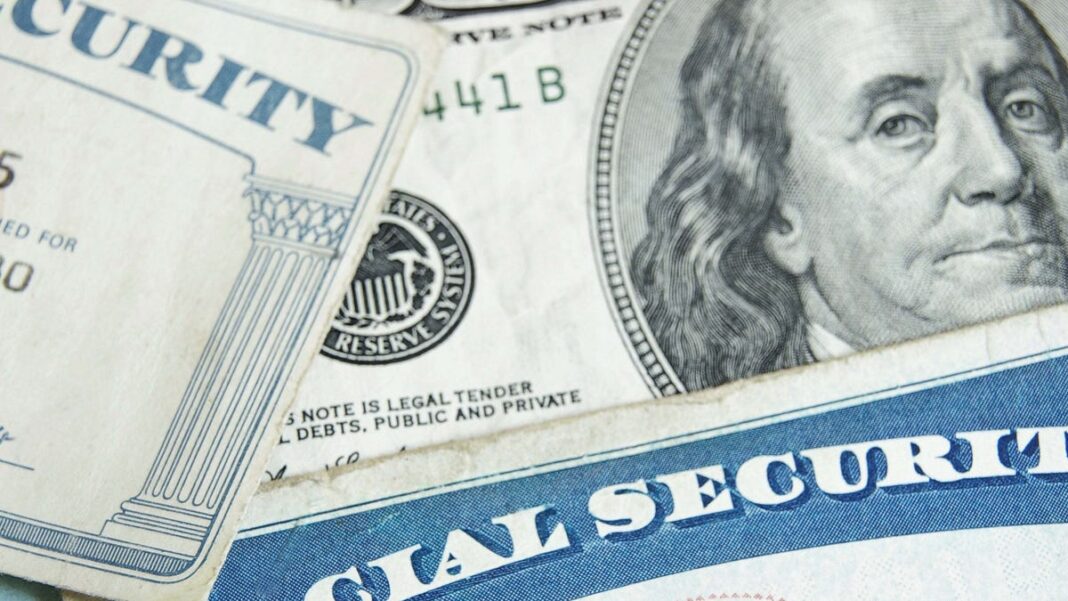How to keep your Social Security number safe from the Dark Web
Your Social Security number (SSN) is one of your most private and important pieces of information. Unfortunately, it’s likely that your SSN has already been leaked and sold on the Dark Web along with many others.
But don’t panic just yet—there are several measures you can implement immediately to safeguard your identity.
Is this really a serious issue?
Yes, it is. Your SSN acts as the gateway to your personal data; it is the unique marker that links your financial, governmental, and personal records.
With your SSN, malicious actors can open credit accounts, apply for loans, steal your tax refunds, access government benefits, or even secure jobs under your name.
An easy measure you can take
To protect your SSN, take advantage of the government’s free Self Lock feature. This service stops others from using your SSN for unauthorized employment checks. You’ll need an E-Verify account to use this service online.
You can also request a block by calling the Social Security Administration at 1-800-772-1213, but be prepared for a lengthy wait on hold.
Keep monitoring
The Social Security Administration offers online access to your earnings and benefits history through a my Social Security account. This service is free and available even if you do not currently receive benefits.
I suggest checking this at least once a year to ensure all reported information is accurate and reflects your actual work and benefits history.
If you set up a Social Security username more than three years ago, you’ll need to create a Login.gov account or use an ID.me account for access.
Warning signs
How can you tell if someone has gained access to your SSN? Here are some indicators to watch for.
Unexpected bills or accounts: If you begin receiving bills or statements for accounts you didn’t open, it’s a clear sign someone might be misusing your SSN. Thieves can create credit accounts, apply for loans, or even start utility services in your name.
Act quickly by contacting the company in question and reporting the fraudulent activity. You should also freeze your credit at this point.
Tax forms you didn’t earn: If you receive W-2s or 1099s from employers you’ve never worked for, it could indicate that someone is using your SSN to gain employment. This can lead to employment fraud, and you could be left responsible for their tax liabilities.
Immediately contact the IRS if you encounter any suspicious tax forms.
Tax filing issues: If you file your taxes only to discover that someone else has already submitted a return using your SSN, it’s a common tactic for criminals to collect refunds owed to you.
Take swift action if you receive IRS notification of a duplicate filing. Visit IdentityTheft.gov to file a report, and you may need to complete IRS Form 14039, also known as the Identity Theft Affidavit, to officially document the incident.
Pro tip: Protect your tax accounts proactively. The IRS provides an Identity Protection PIN program which assigns you a unique six-digit number for tax filing, effectively safeguarding your account from unauthorized access.
Red flags on your credit report: Any unfamiliar accounts or credit lines that don’t belong to you should raise alarm bells. Such indicators can include new accounts, unexpected lines of credit, or other unaccounted changes to your credit profile.
You can obtain a free credit report annually from each of the three major credit bureaus through AnnualCreditReport.com. Pro tip: Space out your requests every few months throughout the year for more consistent monitoring.
Denials of government benefits: If you are denied disability, Medicare, unemployment benefits, or other assistance, it could be due to someone else fraudulently claiming these benefits using your SSN.
If you face this issue, contact the relevant agency and explain your situation. They will assist you with the necessary steps to restore your benefits.
Think your SSN has been stolen?
Act quickly. Start by visiting the Federal Trade Commission’s IdentityTheft.gov. Fill out the necessary form to receive a comprehensive recovery plan and safety measures moving forward.
You can also report suspected misuse of your SSN to the IRS at Identity Theft Central.
Additionally, check in with your bank, credit card companies, and insurance providers as many offer complimentary fraud and identity theft protection services.

